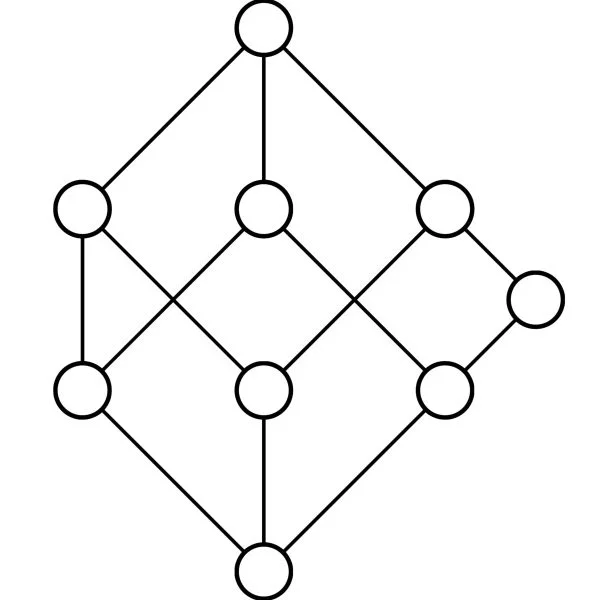
Introduction to Formal Concept Analysis
FREE
This course is an introduction into formal concept analysis (FCA), a mathematical theory oriented at applications in knowledge representation, knowledge acquisition, data analysis and visualization. It provides tools for understanding the data by representing it as a hierarchy of concepts or, more exactly, a concept lattice. FCA can help in processing a wide class of data types providing a framework in which various data analysis and knowledge acquisition techniques can be formulated. In this course, we focus on some of these techniques, as well as cover the theoretical foundations and algorithmic issues of FCA. Upon completion of the course, the students will be able to use the mathematical techniques and computational tools of formal concept analysis in their own research projects involving data processing. Among other things, the students will learn about FCA–based approaches to clustering and dependency mining. The course is self–contained, although basic knowledge of elementary set theory, propositional logic, and probability theory would help. End–of–the–week quizzes include easy questions aimed at checking basic understanding of the topic, as well as more advanced problems that may require some effort to be solved. Do you have technical problems? Write to us: coursera@hse.ru
Instructor Details
Courses : 1
Specification: Introduction to Formal Concept Analysis
|
11 reviews for Introduction to Formal Concept Analysis
Add a review Cancel reply
This site uses Akismet to reduce spam. Learn how your comment data is processed.
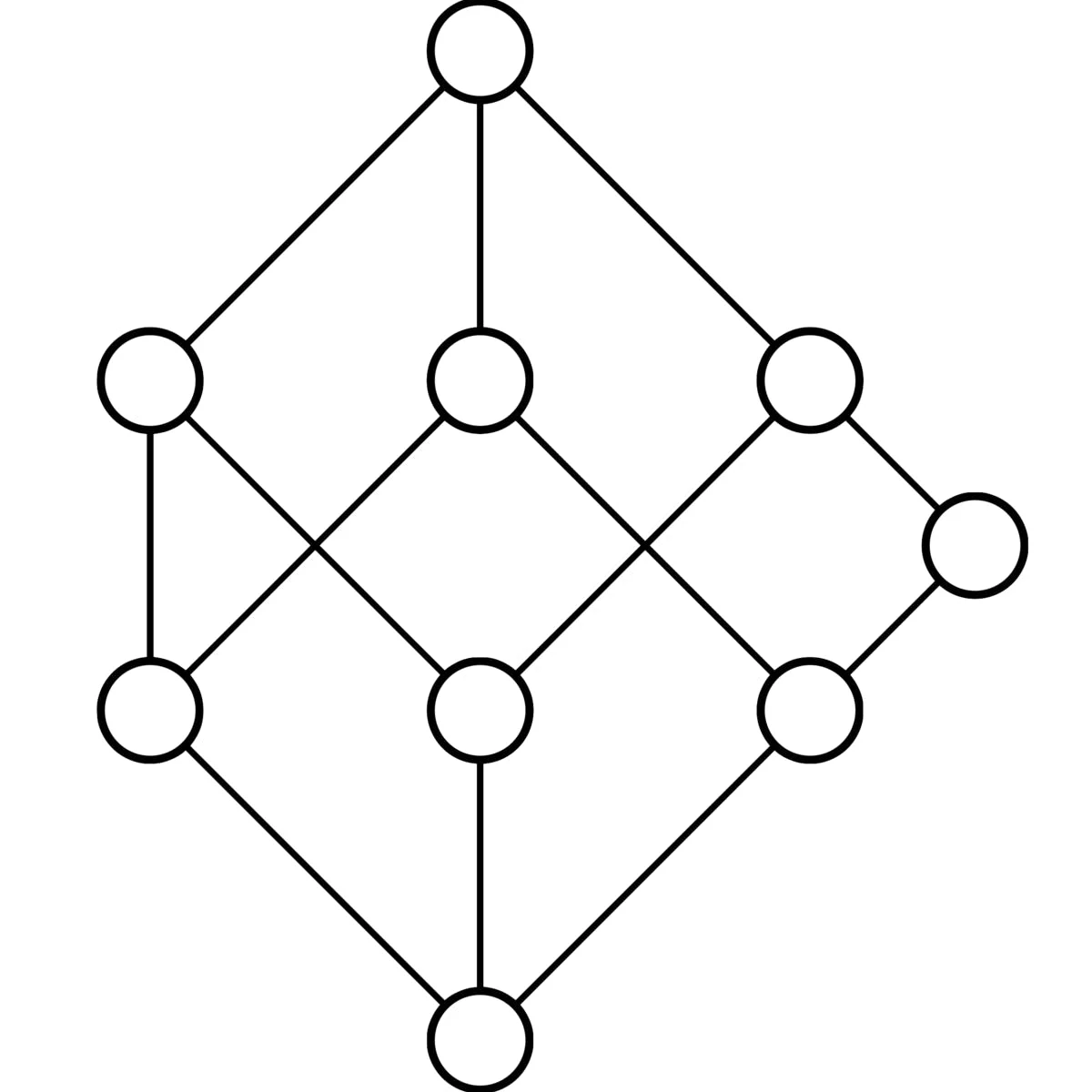
| Price | Free |
|---|---|
| Provider | |
| Duration | 38 hours |
| Year | 2017 |
| Level | Intermediate |
| Language | English |
| Certificate | Yes |
| Quizzes | Yes |

FREE

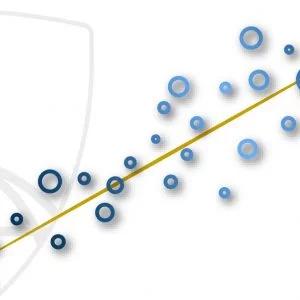


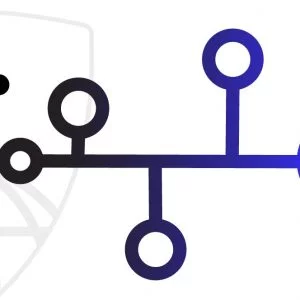
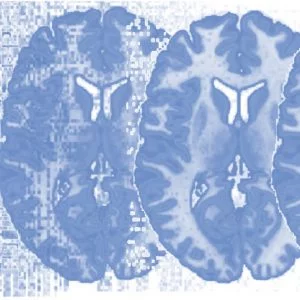
Francisco J V –
This is a mind–opening course. It will not give you a lot of mathematical detail about the techniques it reviews (although it certainly does that for Restricted Boltzmann Machines) but the scope and perspective of Hinton’s on the field is unique. If you like NN you cannot miss it.
Franco F –
Brilliant. i am a mathematician and the course fulfilled my need for rigour and yet maintained an intuitive perspective. Sergei (if I may call him by his name) is a great teacher and I am looking forward to attending a more advanced course (possibly on scaling) and reading his scientific papers.
Aman S –
Great Course. Explained nicely.
Douglas H –
Since there were no exercises, I treated the quiz questions as exercises. But, that meant I could not see the correct results for answers I had gotten wrong, and I could not see a correct solution (i.e., method of arriving at the correct answer). While the instructor did provide examples in each lecture, these were often much easier than the quiz questions. So, for the future, I recommend a set of exercises with worked solutions to enable the students to sharpen their skill before taking a quiz. Other than that, this was the perfect introduction to FCA for me. I noted down a few ideas I have on some of the topics and methods discussed in the course, but I haven’t had time to examine these ideas in detail. Is there some way to contact the instructor later to get his reaction to these ideas?
Takayuki K –
This course is a great introduction to Formal concept analysis. You might need some knowledge of mathematics, but I think you do not need so much. If you get accustomed to the way mathematicians do, it would be very helpful.
Sergio G –
The last probability excercise was tough, but worth it. Go ahead!!
Noemi Z M –
Wonderful explanations and resources.
Edith V –
It is a very nice course, I fully recommend it. It is very good organized and explained. The task some of them are challenge.
Osman O P –
Excelente contenido y explicaciones. Muy completo al momento de dar la introduccion sobre Analisis Formal de Conceptos
}ilvinas R –
Was quite hard. Instructor was very helpful. Instructors book helped a lot.
Jason H –
Great course spending a reasonable amount of time on fundamentals and steadily advancing to more complex applications. Excellent use of example datasets for demonstrating and interpreting new techniques. Only area that felt lacking was a comparison of FCA techniques to other methods for analyzing binary data (i.e. standard unsupervised learning techniques).